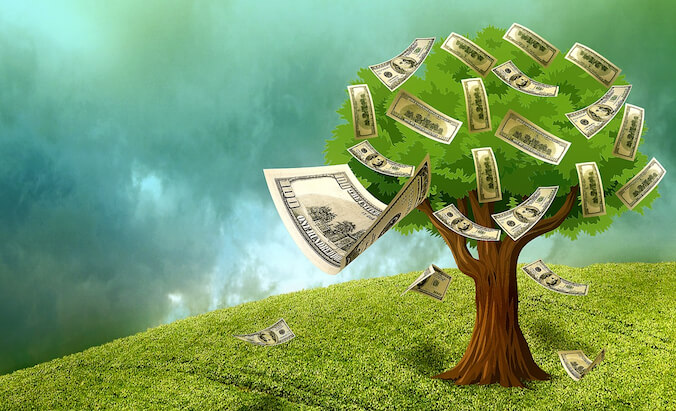About Greenwashing

©
The other day I picked up an old article about “Earth Day”. Earth Day was established in 1970 and is celebrated every 22nd of April to support environmental protection around the world. It sounded like a good concept. But I started to become a little skeptical when I read the rest of the article.
The article described how Earth Day had become “opportunistic” and “materialistic”. Apparently, more and more companies are using Earth Day as a marketing opportunity. Because so they try to appear sustainable and eco-friendly in order to attract more customers. It’s a shame, as the original intent was a push for change and to make a closer step towards sustainability.
Greenwashing
Greenwashing is a PR spin to appear more environmentally friendly than it is actually the case.
Then I realized that companies don’t only do this with Earth Day. As it turns out, a lot of companies greenwash all the time. Greenwashing means that they make themselves seem environmentally or socially friendly to attract positive attention and ultimately customers, when in fact what they are doing or offering is not what they claim it to be.
This is especially a big issue for organic produce. In America, a product hs the label organic when it has not been sprayed with synthetic fertilizers or pesticides, is not genetically modified and is free from antibiotics and growth hormones. However, a lot of organic products still have traces of pesticides based on organic compounds, which can still be just as harmful as synthetic compounds. In addition to that, greenhouse gas emissions from transportation are not considered. The reason is that most products come from abroad, such as sustainable rice from Thailand and organic coffee from Bolivia.
And it doesn’t stop there.
The same is often true for other industries like we have just experienced in the car industry, with the recent scandal evolving around Volkswagen gas emission dishonesties.
However, the act of greenwashing does not always have to have drastic effects on the customer. It can also simply be the way companies present themselves or their product. For example through promoting a green or trendy looking logo. In Europe, McDonald’s is green and yellow, unlike the U.S., where the original red and yellow logo still stands.
Greenwashing can damage customer trust and companies who are really trying to make a difference.
All these scandals, loopholes and green-feeling campaigns that at first seem to be supporting the movement towards sustainability, can really hurt the trust of consumers in sustainable products. Further, it hurts the companies who are actually trying to make a difference in the world and be more sustainable and eco-friendly. This eventually brings down the credibility of Earth Day and may slow down the green development.
But is it really all so bad?
It is about creating awareness!
Greenwashing can help bring awareness to the green-movement for people who haven’t joined the club yet. It can push people to make better and more constructive decisions when buying a product or service.
If we all work together, we can try to control the amount of greenwashing companies do. This is because customers have great power in pushing the companies in the right direction.


